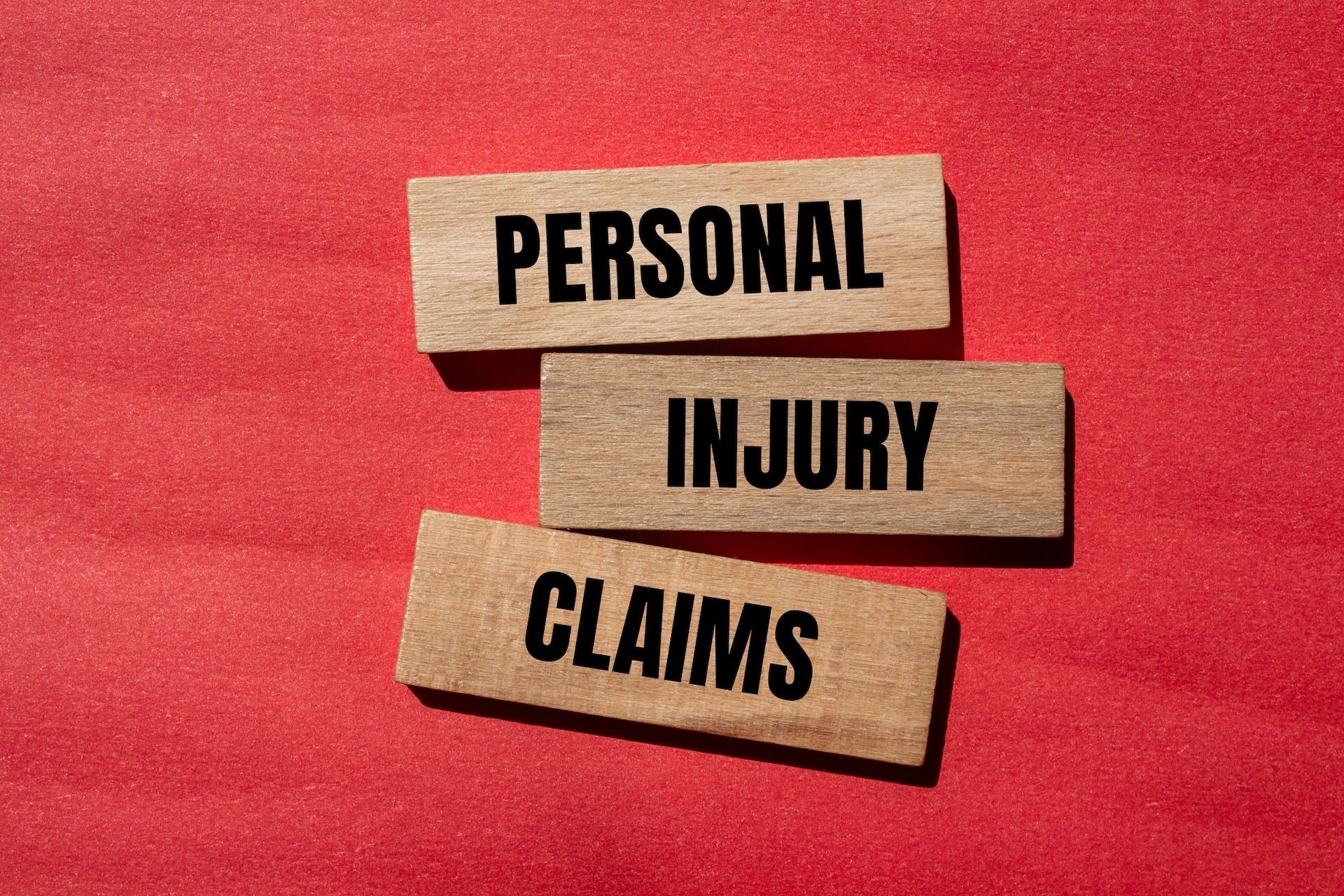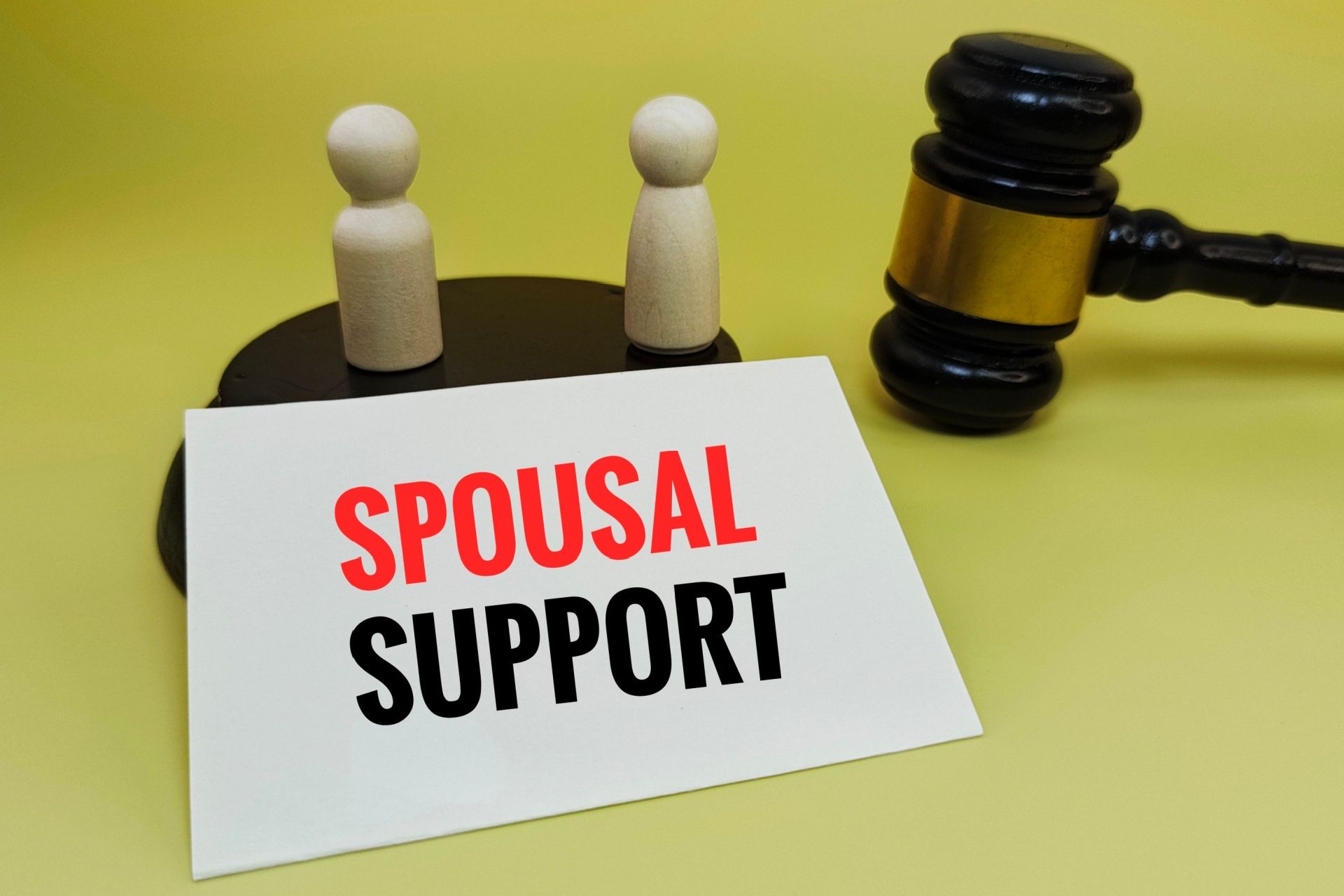Questions About Vocational Evaluation You Were Too Afraid To Ask

Many people are not familiar with vocational evaluation until they have to partake in this process. In fact, if you’re ever unfortunate enough to have to deal with a divorce or a workers’ comp case, chances are you’ll come across this term.
A vocational evaluation is also a major part of disability benefits hearing, in which a
vocational expert will help the judge decide if you can find gainful employment.
While this process usually benefits you in some way or another, the prospect of being evaluated by someone is rightfully off-putting. Many have a lot of questions about it, including how to fail a vocational evaluation and how can you prepare for it to avoid failing.
To offer some well-needed assurance, we compiled a list of common questions and answers about vocational evaluation.
1. What is a vocational evaluation?
This is a process in which an expert familiar with all vocational aspects evaluates an individual on their potential, abilities, skills, and most importantly, any limitations or challenges they may face in the workplace.
It may include a comprehensive review of employment history, an interview, as well as performing specific
vocational tests that assess an individual’s ability or skills to perform certain jobs.
2. What is the goal of this evaluation?
The goal of a vocational evaluation is to determine the earning capacity and employability of an individual. This information may be used in front of the court in different types of cases where vocational matters are at the core of the case.
Typically, the evaluation will culminate in a vocational report suggesting solutions that help the person overcome their limitations in order to return to the job market. For instance, it may include details such as:
- Appropriate training programs
- Necessary training time
- Earning potential once the training is completed
- Job availability
3. Who requests a vocational evaluation?
It all depends on the circumstances and the case matter. For example, vocational evaluation is sometimes requested in divorce cases when one of the spouses is underemployed or unemployed and claims they don’t have the skills or the means to increase their current income.
It’s not uncommon to see cases in which a spouse may have the necessary work experience or education but alleges they can’t obtain a gainful occupation. To examine these claims, the court or the opposing party will request a vocational evaluation to establish their actual earning potential.
Similarly, in workers’ comp cases, the employer’s insurance company can ask for this evaluation to ascertain if the injured worker can return to work, and in which capacity.
4. How qualified is the expert?
Along with the questions of how to fail a vocational evaluation and how often it happens, we also get inquiries about the qualifications of the person conducting the evaluation.
There is no need to worry because these experts are familiar with all aspects of vocational matters such as earning capacity, cost of replacement labor, and figuring out lost earnings.
They are also well equipped to determine the availability of jobs to a person with particular physical or mental limitations.
On the educational side of things, to perform a vocational evaluation, you need to possess both a master’s degree and three years of experience.
5. Does a vocational evaluation help diagnose issues?
While it’s fairly comprehensive, it’s not a method of diagnosing or treating any physical or psychological problems. It generally also doesn’t cover counseling over a lengthy period, nor does it cover job development and placement.
6. How to fail a vocational evaluation?
Many people ask this particular question, either because they want to fail on purpose or because they want to prepare so they can pass.
In reality, a vocational evaluation doesn’t work like that. It’s simply a way of identifying an individual’s vocational capacity, transferable skills, personality, and interests. As such, if you’re asking how to fail a vocational evaluation, you can’t.
7. How to prepare for a vocational evaluation?
Similar to the previous question, vocational evaluation isn’t scored and you can’t pass or fail.
Though, if you want to have a smoother experience, you can prepare certain things before getting evaluated. It’s helpful to have your resume on hand, or if you don’t have one, you can note down your educational background or work history.
The same applies if you’re going through any kind of training program. You should have information that describes the program including its cost, what it covers, and how long it takes to complete.
We also recommend bringing any relevant medical records or receipts.
For those asking how to fail a vocational evaluation on purpose, take note. Don’t try lying to manipulate the findings in your favor. Tell the truth, and if you’re afraid of disclosing any information that may hinder your case, consult a lawyer.
Niceness also goes a long way in a vocational evaluation as the evaluator will most likely note down your behavior in the final report.
8. What to expect during the evaluation?
To dispel any fear, it’s useful to be familiar with the process. Here are the typical steps you’ll go through:
1. Diagnostic interview
During this step, the expert will try to gather info about your employability. Feel free to ask any questions here, as most vocational evaluators and experts are quite forthcoming and simply want to help you.
They may ask you general questions about the following topics:
- Age
- Education and work experience
- Your health status
- The reasons behind your absence from the workforce
- Personal motivations
- Goals and priorities
2. Vocational testing
The expert will perform a series of tests that help determine your work trait profile and assess your employability. The tests may evaluate:
- Work skills and abilities
- Work values
- Personality traits and vocational interests
3. Labor market research
Using previous information, the counselor will generate findings on your outlook in the workplace, potential earnings, and any additional training you may need to fill appropriate job openings in your area.
4. Integration of the information
Using everything disclosed during the evaluation process, the counselor will combine all this information into a report. It may include everything from the evaluator’s appraisal to your own report. They may also include other medical or psychological info discovered during the evaluation.
5. Evaluator’s recommendation
By taking into consideration your personal and career goals, along with interests and abilities, the counselor will recommend the best steps to achieve fulfilling employment
A vocational evaluation will benefit you
While it seems like a daunting task, this evaluation can help you achieve your personal goals, despite your limitations. In some cases, it may even help you receive the benefits you deserve or find employment more conducive to your current condition.
More importantly, depending on the way you approach it, this evaluation can help you learn more about your skills and how you can expand them to find a job you’ll be satisfied with.
Some people never get that opportunity.
Disclaimer: The information on this website and blog is for general informational purposes only and is not professional advice. We make no guarantees of accuracy or completeness. We disclaim all liability for errors, omissions, or reliance on this content. Always consult a qualified professional for specific guidance.








